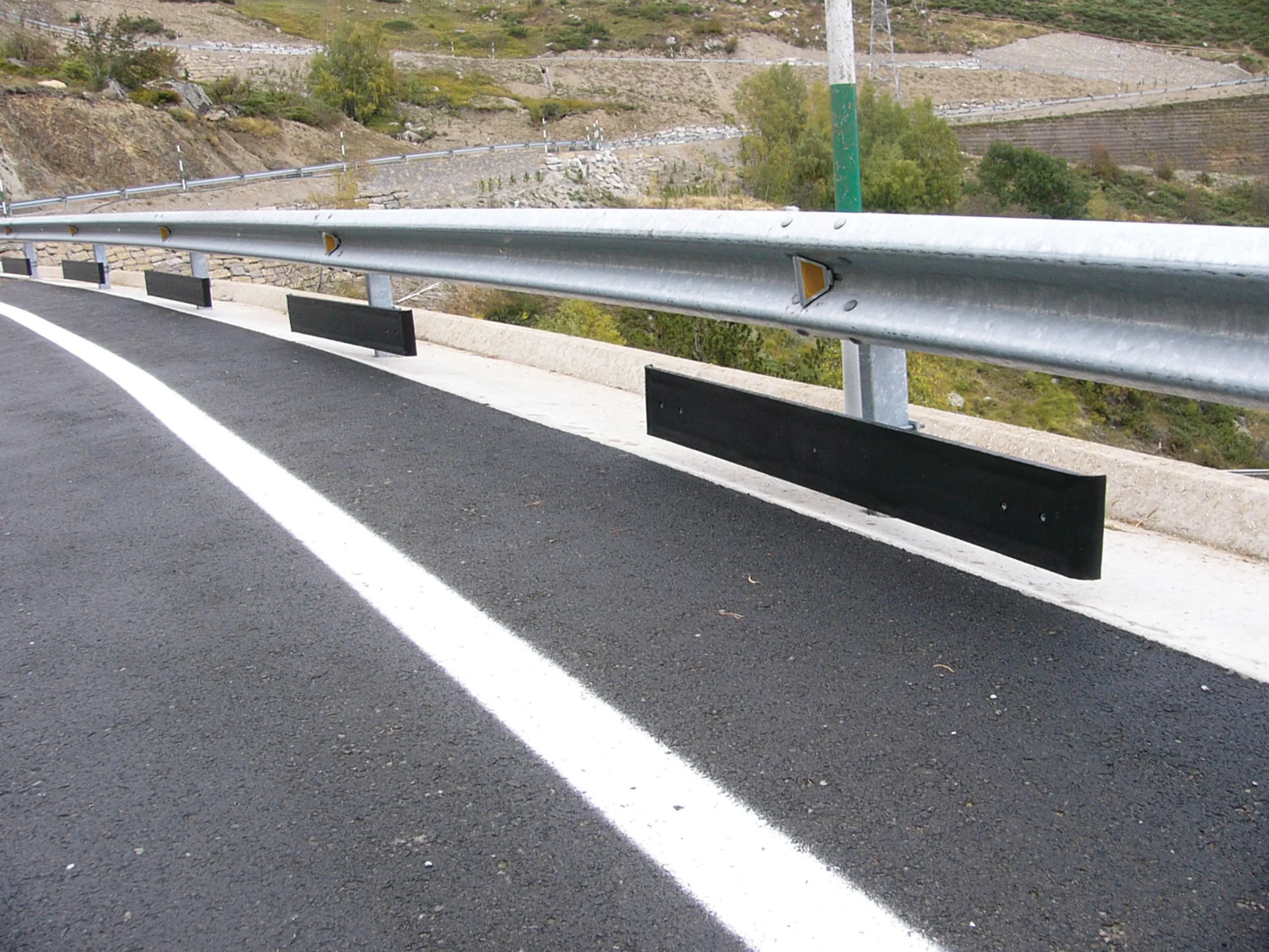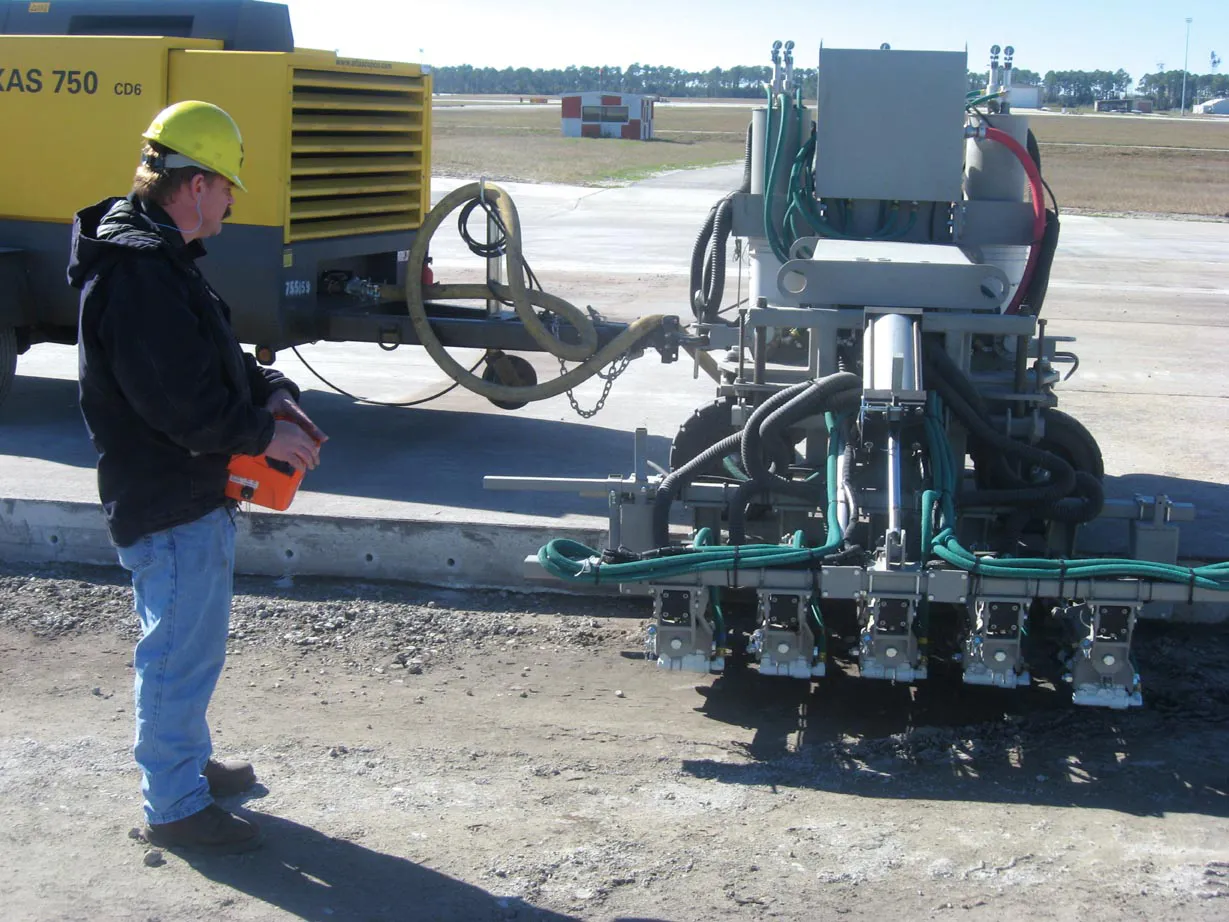The novel SoftSound noise attenuation barrier from Easi-Set Worldwide has passed the flame spread test approval system in the US.
February 23, 2012
Read time: 1 min

The novel 3109 SoftSound noise attenuation barrier from Easi-Set Worldwide has passed the flame spread test approval system in the US.
The test was performed in accordance with the ASTM E84 Standard Test Method for Surface Burning Characteristics of Building Materials using the 7.6m tunnel method. The product has passed various environmental tests to ensure its acceptance by state and provincial authorities in the US. In addition, the noise barrier wall product meets salt spray and stain requirements.
The SoftSound product is approved for use by both the Commonwealth of Virginia and the state of Maryland and has been installed on major highways in both jurisdictions. SoftSound is a 100% recyclable wood-chip based product that can cope with tough weather conditions, and is resistant to rotting, decay, mildew or mold build-up, insect nesting and combustion.
The test was performed in accordance with the ASTM E84 Standard Test Method for Surface Burning Characteristics of Building Materials using the 7.6m tunnel method. The product has passed various environmental tests to ensure its acceptance by state and provincial authorities in the US. In addition, the noise barrier wall product meets salt spray and stain requirements.
The SoftSound product is approved for use by both the Commonwealth of Virginia and the state of Maryland and has been installed on major highways in both jurisdictions. SoftSound is a 100% recyclable wood-chip based product that can cope with tough weather conditions, and is resistant to rotting, decay, mildew or mold build-up, insect nesting and combustion.








